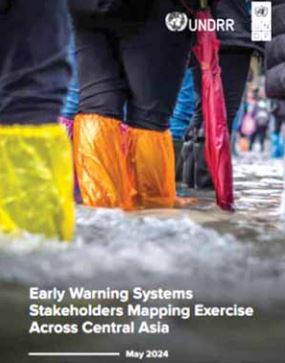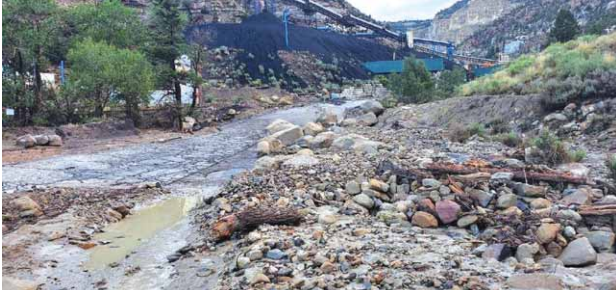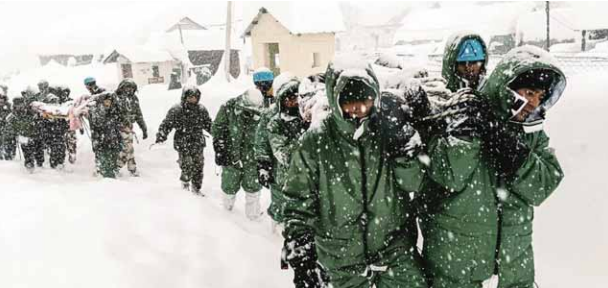In an era where climate change exacerbates the frequency and intensity of natural disasters, the importance of robust Early Warning Systems (EWS) cannot be overstated. The United Nations Development Programme (UNDP) Istanbul Regional Hub, in collaboration with the United Nations Office for Disaster Risk Reduction (UNDRR) Regional Office for Europe and Central Asia, recently conducted a comprehensive mapping exercise of EWS stakeholders across Central Asia. The findings of this exercise underline the urgent need to enhance early warning mechanisms, emphasizing proactive disaster risk management (DRM) to safeguard communities against future calamities.
One of the critical insights from this exercise is the need for a paradigm shift in disaster management. Historically, many regions have adopted a reactive approach, responding to disasters as they occur. However, the report recommends a transition towards proactive DRM, prioritizing resilience and sustainability over mere risk concentration. This approach involves comprehensive strategies that address all hazards, engage all sectors of society, consider the entire disaster life cycle, and emphasize forward-thinking risk reduction policies. Such a future-oriented approach is essential for building resilient communities that can withstand the increasing threats posed by natural disasters.
A key recommendation from the exercise is the expansion of regional and national EWS stakeholder lists through systematic mapping exercises. By broadening the scope of stakeholder involvement, the roles and responsibilities of various entities in the early warning cycle can be better understood and coordinated. This comprehensive understanding is crucial for ensuring that every link in the early warning chain is robust and effective.
The report also highlights the importance of fortifying the entire value chain of EWS. This includes improving the understanding of risk, enhancing data collection, and refining monitoring and forecasting capabilities. Effective dissemination of warnings and ensuring prompt responses are equally critical. By strengthening each of these components, risks can be mitigated, and communities can be better protected, paving the way for a resilient future for all.
Moreover, the report calls for improvements in policy and regulatory frameworks to prioritize early warning systems. In particular, it advocates for a focus on people-centered Multi-Hazard Early Warning Systems (MHEWS) in the region. Restructuring the institutional architecture to allow greater inclusivity and participation of all stakeholders in the early warning process is also recommended. This inclusive approach ensures that early warnings are more effective, reaching those most vulnerable in a timely manner.
The Early Warning for All (#EW4All) initiative is a crucial global effort aimed at enhancing the reach and impact of EWS. The report suggests replicating successful models and scaling up efforts across Central Asia to contribute to this initiative. By doing so, the region can significantly improve its resilience to natural disasters, ensuring that early warning systems are not just a tool for survival but a cornerstone of sustainable development.
In conclusion, the findings of the EWS stakeholders mapping exercise underscore the necessity of a proactive, inclusive, and comprehensive approach to disaster risk management in Central Asia. By implementing these recommendations, the region can build a resilient future, where communities are better prepared, risks are minimized, and the impacts of disasters are significantly reduced.
Source:
United Nations Office for Disaster Risk Reduction
Strengthening Early Warning Systems Across Central Asia: A Blueprint for Resilience






